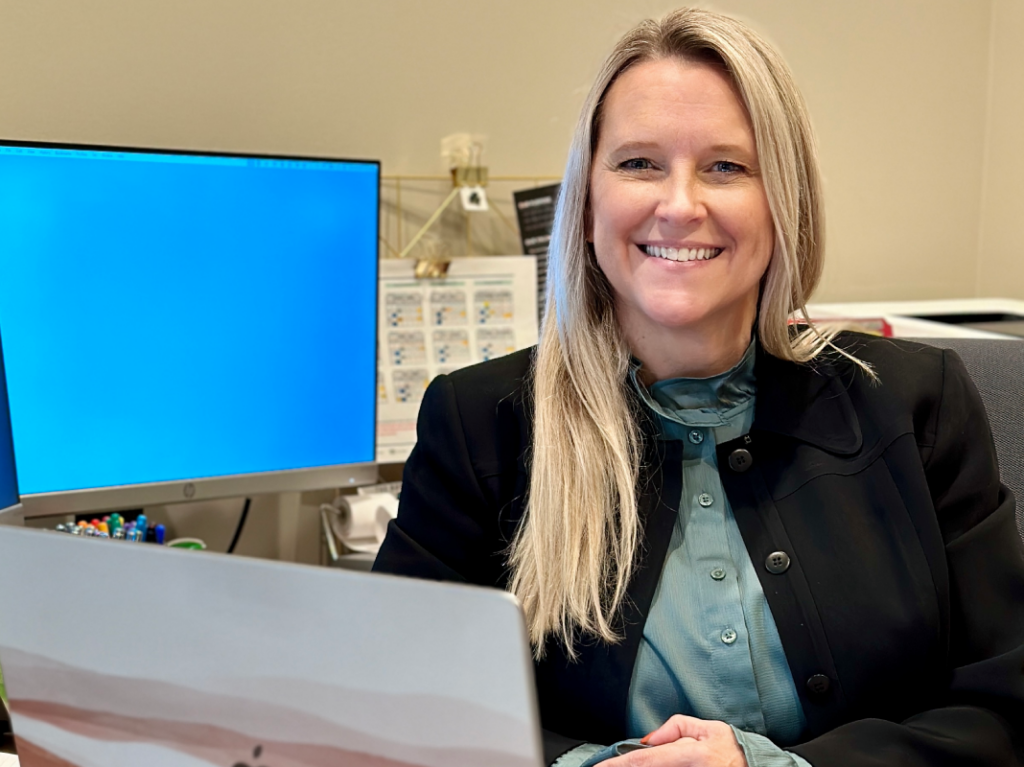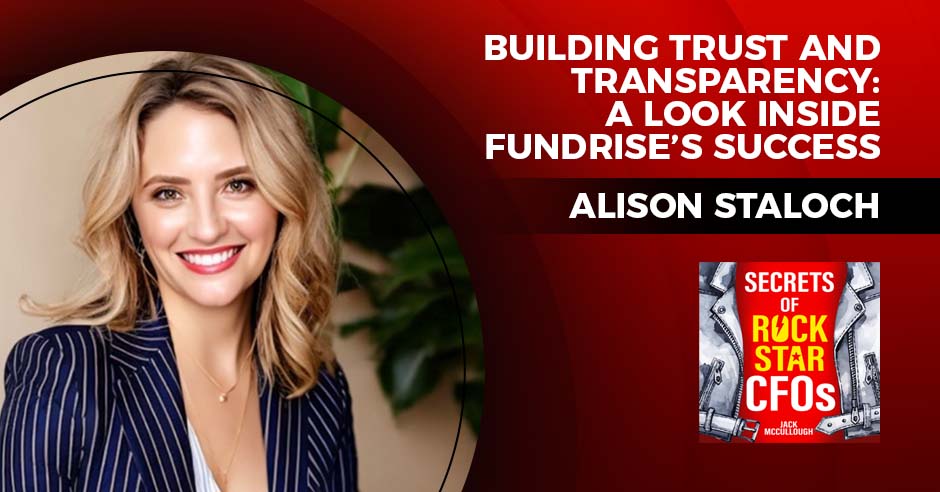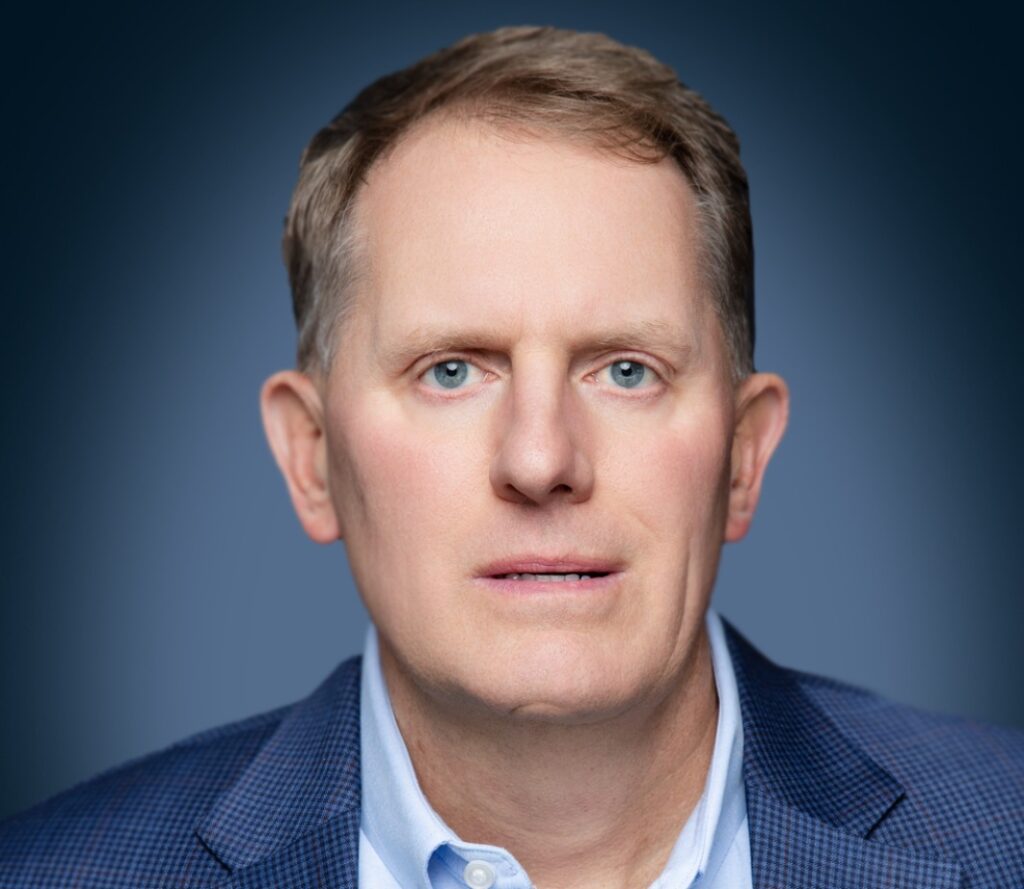
Bill Spathelf knows something about shifting careers. The longtime Citigroup veteran recently became CFO of Helicoid Industries, an Indio, California-based startup that has patented lightweight, impact-resistant technology inspired by the “smasher” mantis shrimp, exclusively licensed and now ready for commercialization in the composites industry.
Spathelf spoke with StrategicCFO360 about moving from a world financial power to an emerging firm, why he did it and what it takes for CFOs to make seismic shifts in their own careers.
You have been managing director and CFO of five Citigroup subsidiaries in a 40 year-plus international career, and you are now the CFO of a California startup. Why do you think the CEO of Helicoid recruited you to be the CFO, a startup with an entrepreneurial culture, and why did you decide to accept the position?
I met Chad Wasilenkoff, Helicoid’s CEO, through friends, and we had mutual interests in both business and the academic community. He was involved with the business school at the University of California, Riverside, and I am a mentor for SCORE, the SBA-sponsored organization focused on startup and small to medium size businesses.
In social settings we would trade war stories from our careers. We both had international experience. He knew Citi was a meritocracy and encouraged risk-taking. I had the best of both worlds, continuing to consult for Citi and starting my own commercial real estate company. But I think he was most interested in my spreadsheet skills.
At Citi, I almost exclusively financed real estate developers and SME and middle-market entrepreneurs. They are risk-takers and the nature of financing their businesses required a deep understanding of and managing the risk Citi would take. Commercial real estate is a fascinating industry as it encompasses almost all the areas of corporate finance. To underwrite a loan there must be an in-depth analysis of the macro economy, the regional and local economy and specific market conditions for the project. Then all the aspects of project finance, from revenue and costs, budgets, timing and overruns, to mention a few. A detailed financial analysis of the sponsor, track record and reputation needs to be done. Finally, a complex loan with all the legal issues.
I think Chad recognized those experiences and appreciated the personal risk I took every time I moved my family around the world or accepted difficult assignments. I believe my banking credentials added credibility that supported getting the exclusive license for the technology from UCR and subsequent raising the investor capital for Helicoid.
From my point of view, it was an exciting opportunity. I helped with the original research into composites and recognized the benefit the Helicoid technology could bring to the industry. My long career gave me the confidence I would add value to the company.
What are the challenges of being Helicoid’s CFO at this stage in your career?
On the business side, a startup is difficult but quite exciting. As Helicoid’s CFO, I got to design the management information system from scratch, with the luxury of making sure all the information I needed was easily reported. No legacy systems, no excuses for not having detailed reports or issues with timing.
In a corporate environment, I was many times frustrated with MIS systems that did not report information that was unique to the subsidiary or business that was my responsibility. And special reports, if available, took time and many times had incomplete information. Furthermore, as the business developed, it was easy to modify and change the reporting needs. I was fortunate to have a background in financial modeling and built an integrated, double entry master spreadsheet on Excel that covered all areas of the business from day-to-day cash balances to a five-year forecast.
As with any startup, the financial focus should be on cash. In a pre-revenue company like Helicoid, raising capital is critical. Our financial strategy was not to have debt and raise funds from qualified individual investors. We also did not want to be dominated by a single investor so as a result we have over 50 investors with an average investment of $50,000.
How we spend the investor money is equally critical. We built an international team of industry specialists in the U.S., Europe and Asia. The timing from a financial perspective had to be carefully orchestrated with existing cash and prospects for additional investors. Helicoid has a specific goal to have a cash runway of at least 15 months, which required detailed forecasts. The problem is that as a CFO, in concert with our team, we cannot control the timing of revenues, only the expenses. And we were constantly looking to conserve cash by offering equity positions or cash deferrals for services.
In my case, my compensation is in equity and I am fortunate not to need cash at this point in my career. We apply for grants and collaborate with six universities and institutes doing research. Obviously, Covid made everything more complex and there will be continued stress and changes to the business model.
What advice do you have for other professionals switching industries?
From a finance perspective, switching industries or getting multiple industry experience is beneficial. Financial reports and numbers paint the picture of the business and tell the story. While each business has its own unique characteristics, financial reports—income statements, balance sheets and cash flow statements—are basically the same. The challenge is to understand the business and clearly explain the reports from an industry perspective.
Another consideration is the human aspect. I believe understanding human nature is a critical skill. My career has largely been in the corporate culture, and while entrepreneurial and risk-taking, there was structure, policies, resources and team building. Understanding the human behavior that shaped decisions is especially important. Corporate politics do play a role in success.
Startups or certain industries typically attract risk-takers who may be a “one-man-show” and not collaborative. I believe the CEO will attract people with similar characteristics to their own personality. Decision making may be quick, possibly capricious and maybe “from the gut” with minimal analysis. Resources are scarce and everyone has multiple responsibilities. There can be a great deal of stress. Your personality, risk appetite and values should match the business and industry.
Overall, the more industries you have experience in, the greater value you add to a new opportunity and further your professional career.
What advice do you have for other professionals looking to get into a finance role?
I think above all, you must love number crunching to paint the financial picture and tell the story. A solid background in accounting is necessary—I do not believe you have to be a CPA. A skill set should include spreadsheets and modeling and you need to get your hands dirty.
What I mean by that is, run the numbers yourself or develop your own complimentary financials to support your decision making. Never fall into the analysis/paralysis trap where you cannot make a decision. Balance the numbers, understand what drives the changes and make reasonable forecasts. And of course, never fall in love with your forecast—I personally think any forecast longer than 18 months is rubbish. The forecast should be realistic, conservative and supported by market data. Having a reputation with investors and stakeholders for a consistent well-thought-out forecast is the goal of a strong CFO.
At the risk of sounding pedantic, take risk—be it changing departments, accepting difficult assignments or moving halfway across the globe. Financial skills are portable and improve with diverse experience. Having financial skills will help with your personal life plan—in my case, it has led to a remarkably interesting “retirement” with Helicoid Industries.








